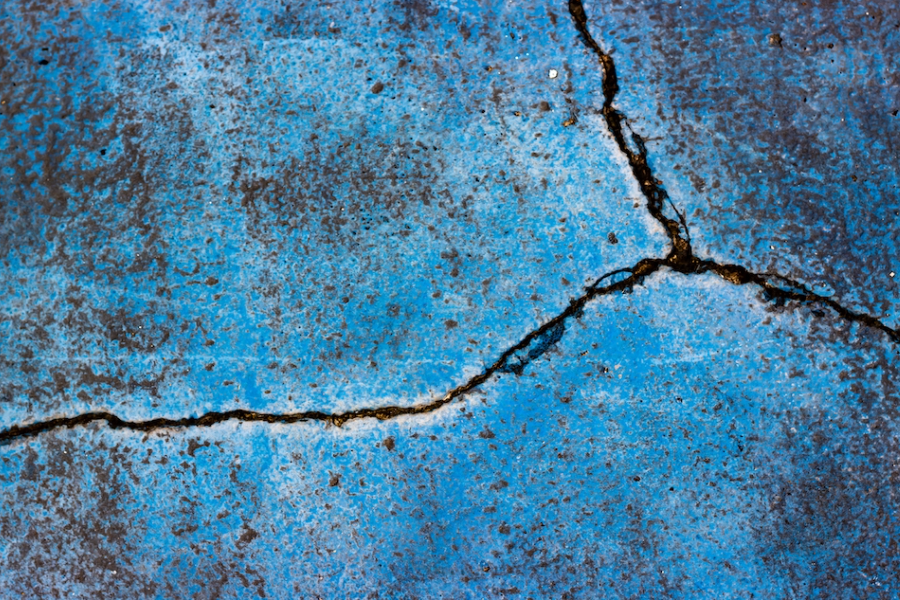
Studying Heterogeneous Materials Under Extreme Conditions
The Department of Defense awards a team of researchers to develop energy-absorbing, structure-preserving materials that are more resilient under extreme loads.
 Kaushik Dayal, a professor of civil and environmental engineering at Carnegie Mellon University, will lead a team of researchers looking at the behavior of heterogeneous materials through the Department of Defense's Multidisciplinary University Research Initiative (MURI) program. The project aims to improve the resilience of defense-related materials under extreme conditions of stress and uncertainty.
Kaushik Dayal, a professor of civil and environmental engineering at Carnegie Mellon University, will lead a team of researchers looking at the behavior of heterogeneous materials through the Department of Defense's Multidisciplinary University Research Initiative (MURI) program. The project aims to improve the resilience of defense-related materials under extreme conditions of stress and uncertainty.
The use of materials in military practices are crucial, yet often overlooked. From armor and combat vehicles, munitions and more, the strength of these technologies directly affect defense practices and the safety of our communities. Dayal’s team will explore shortcomings of existing research on average conditions and looking at the performance of materials under extreme situations. Coupling analysis of flaws with a material’s microstructure, and they will develop data-driven models to simulate possible challenges and ultimately guarantee trust in the material’s resilience.
“We know a lot about materials under average conditions,” said Dayal. “But in extreme conditions, when a load impacts a car, for example, it can cause damage far beyond the impact site. Current ways to predict how materials behave don't take these effects into account. Going beyond current paradigms will enable the development of materials that absorb energy better, to protect passengers in cars from injury in an extreme event, for instance.”
This multi-thrust research project will look at brittle heterogeneous materials under dynamic conditions, including performance outcomes under extreme stress, nonlocal impact damage, and quantifying uncertainty in worst-case scenarios. Using modeling, computation, mathematical analysis, and experimental validation, the team will engineer a framework for materials to improve safety and protection.
Created in 1985, the MURI program awards highly-competitive grants funding multidisciplinary defense-related research projects. Some of the most impactful military advancements and technologies have been implemented through this program. In fiscal year 2024, the Army Research Office, Air Force Office of Scientific Research, and Office of Naval Research selected 30 final projects to award this prestigious opportunity out of 276 total proposals in 25 diverse topic areas.
The team includes researchers from University of Colorado Boulder, University of Chicago, Louisiana State University, and University of Pennsylvania, all with interdisciplinary backgrounds and strong track-records supporting previous Department of Defense MURI projects. Team members have diverse areas of expertise, including nonlinear homogenization, multiscale analysis, surrogate modeling, disordered granular assemblies and networks, and multi-material heterogeneous systems.